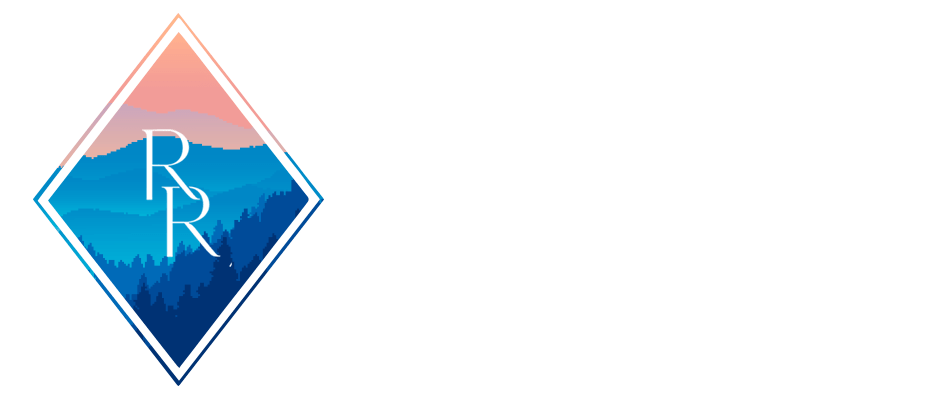We understand that addiction happens when there are other areas of your life that you are trying to resolve, satisfy, or repair. Unfortunately, the solution is not to be found in drugs and alcohol. If that’s where you have turned, it’s now time to turn toward peer support in addiction recovery. This can be found in group therapy and holistic addiction treatment. Keep reading to learn more about the benefits of peer support and how it can help you in your recovery.
What is Peer Support?
Peer support is when you get support from your peers: people who are like you, going through the same situation as you, or in roughly the same age group. In addiction recovery, your peers are the people around you who are also going through treatment.
Benefits of Peer Support in Addiction Recovery
Why does peer support in addiction recovery matter? Is there a reason you have to engage with other people or participate in group therapy?
Studies indicate that there has been a recent rise in the use of peer support services for addiction treatment, and it shows a great deal of promise. For example, those who get peer support during recovery are:
- More likely to reduce their substance abuse
- Engage more in their treatment
- Reduce risk behavior after treatment
- Increase self-efficacy and coping skills for cravings after treatment
- Reduce the risk of relapse
Literature reviews of over 600 papers have found that people who participate in peer support are more likely to be able to cope effectively with triggers, increase their confidence, and gain skills.
How does this happen? Consider this example:
Jerome is participating in an intensive outpatient program for cocaine addiction. During his group therapy classes, he stays closed up emotionally and verbally. He’s not particularly happy about being in treatment, and he doesn’t think it will work. He doesn’t think that anyone in the program understands the pressures he was under to provide for his family or the impact that addiction has had on him.
As a result, he doesn’t pay attention when other people share; he doesn’t share with others, learn from them, or build a network of social support. He quits his program early, and when he’s back in his everyday life, Jerome finds it difficult to cope with stress and avoid relapse. He has no one he can turn to, and he doesn’t go to continuing support group meetings, so he doesn’t connect with people outside of treatment.
Now consider another approach to this example:
Jerome is participating in an intensive outpatient program for cocaine addiction. During his group therapy sessions, he recognized that a lot of the other members were going through the same things. They aren’t necessarily happy to be there either, but they want to gain control over their addiction. Jerome identifies with these feelings, and when he shares them during class, many people confirm that they have the same stress and feel the same way he does.
As a result, Jerome continues to open up and develop friendships. He pays close attention to what other people are sharing and even helps people when he shares some of his thoughts. He stays through his program, and when he gets back to his everyday life, he’s in a better position to cope with his stress and avoid relapse. He has several people he can turn to, and he continues to attend support group meetings where he feels validated and uplifted.
When people participate in peer support in addiction recovery, it can have a positive impact on all aspects of their journey. You can get that same type of progress when you participate in a program with an emphasis on peer support.
Get Peer Support in Addiction Recovery
Ritual Recovery is a trusted drug rehab in North Carolina that specializes in several levels of care, including a partial hospitalization program and an intensive outpatient program. Our clients can enjoy upscale housing and participate in group therapy, divided into several forms, each of which offers peer support directly and indirectly.
Situated in a large house on 60 acres, our holistic addiction treatment gives you an opportunity to address the causes or contributing factors to addiction.
- During each group therapy session, you have an opportunity to learn from one another, share with one another, and find support.
- When it’s time for meals, lunch is provided at the clinical building, and we offer cooking classes on a weekly basis so you can engage in thoughtful and skill-building activities while surrounded by like-minded individuals.
- Our other amenities include a cornhole game, ping pong table, basketball court, and musical instruments. These activities are conducive to creating peer support, encourage team-building skills, and build self-esteem
Peer support in addiction recovery can be indirect, such as the type of support you receive when you are simply surrounded by people who understand what you’re going through and can offer emotional acknowledgment of your struggles and can understand how you are feeling. With programs like weekly adventure therapy, clients benefit from peer support and physical activity.
Overall, peer support can come in many forms, but no matter what the form is, when you have peer support in addiction recovery, you are more likely to stick with your program and enjoy long-term sobriety. With the right treatment center, you can connect with your peers for a stronger recovery journey.Call us today to talk about how our holistic outpatient drug rehab in Asheville can help you.




